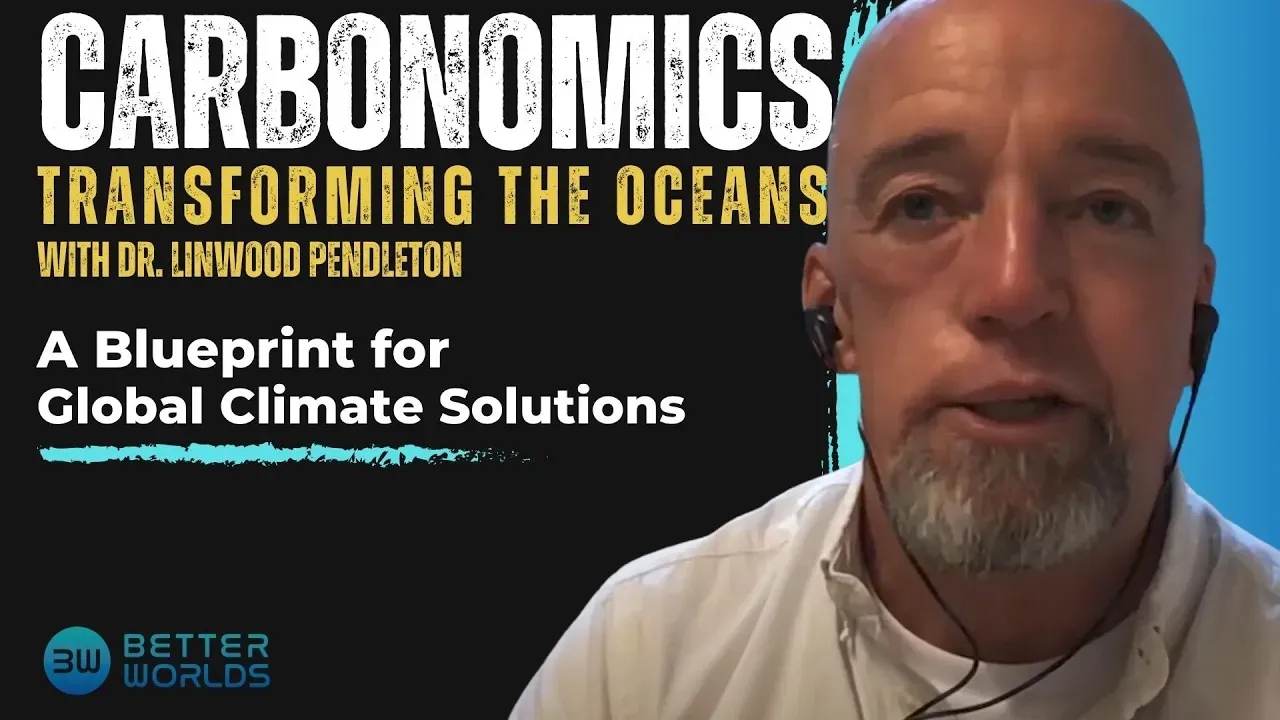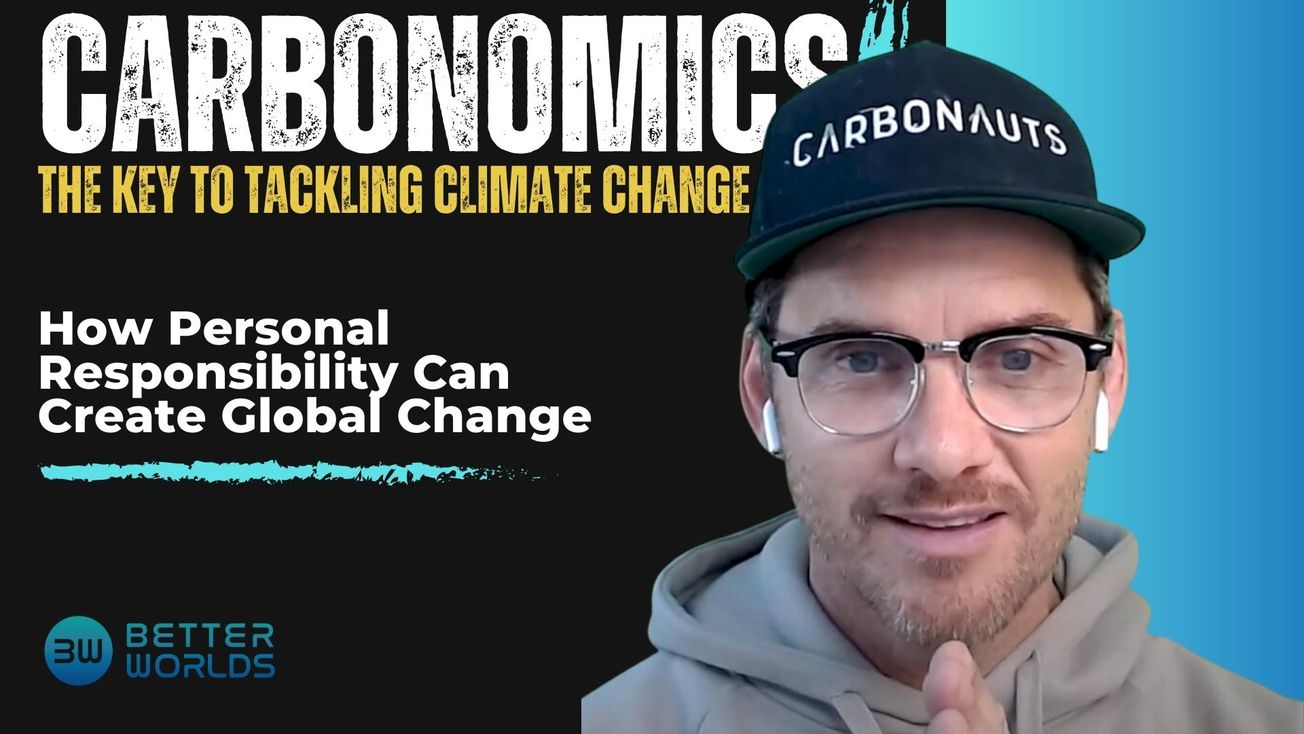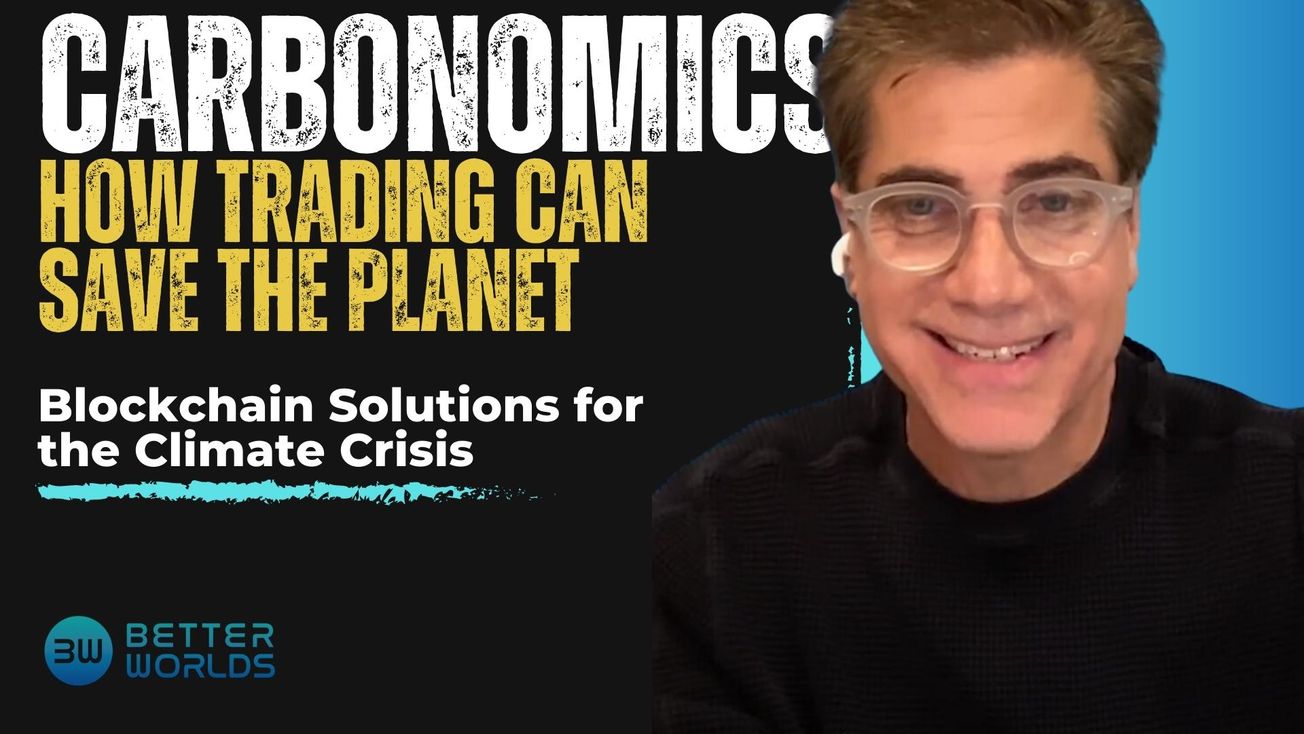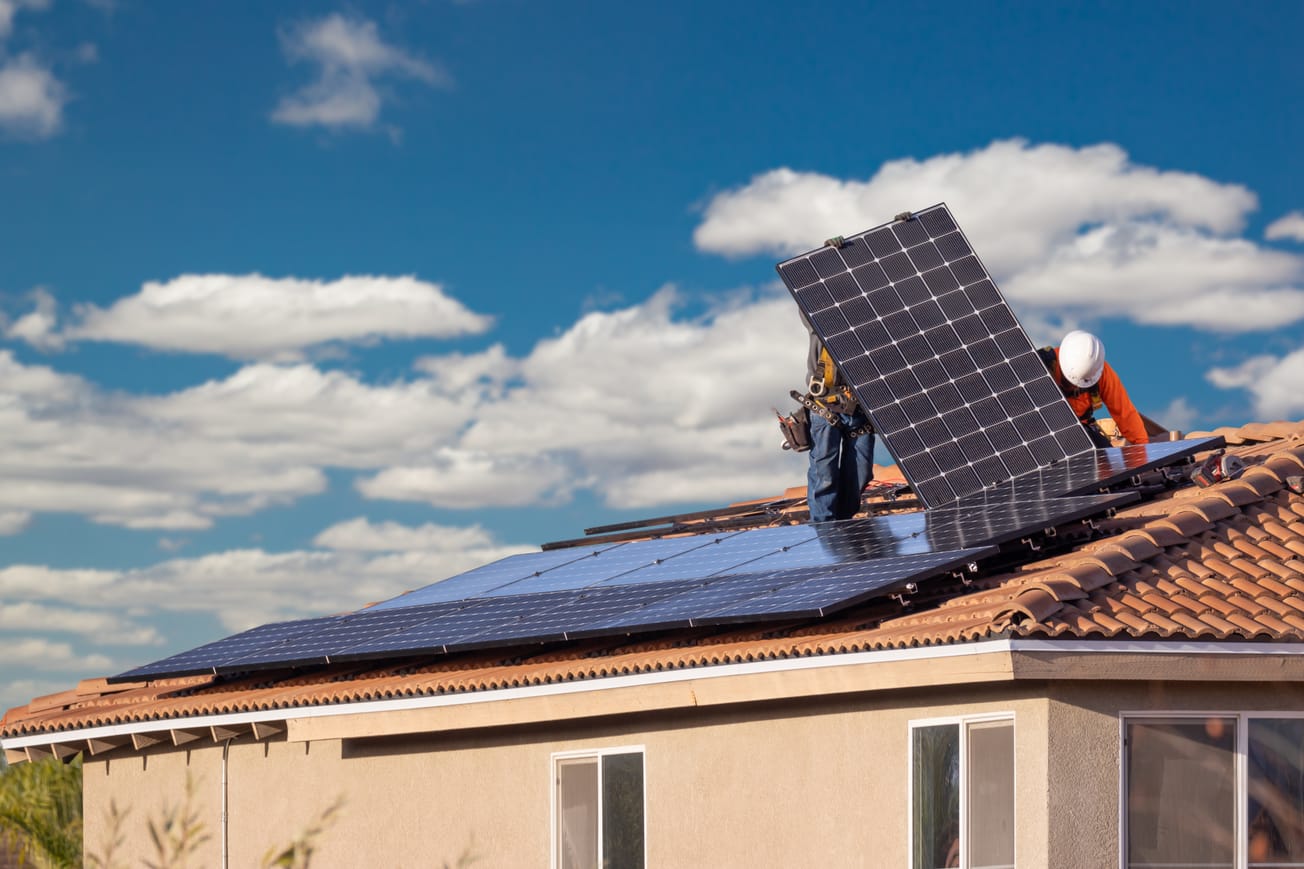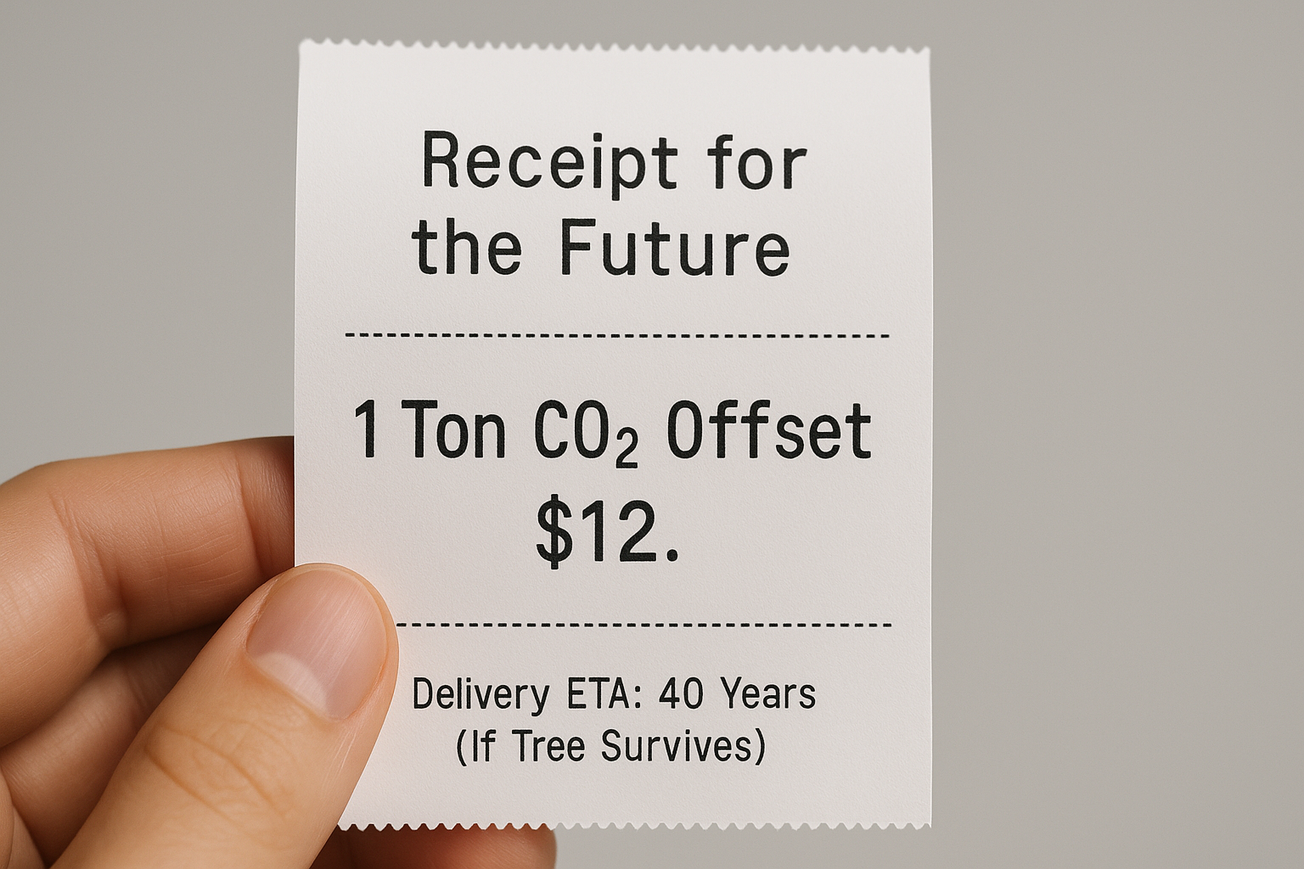You’ve heard of carbon offsets and sequestering carbon. Here comes Carbon Chicken Farming.
One mega poultry hub center in the United States is in Northwest Arkansas where many corporate chicken houses have been built, which in turn has been identified as the culprit for pollution downstream in Oklahoma’s Illinois River watershed. To dispose of the huge amounts of chicken litter, farmers have used it as a crop fertilizer, however, the phosphorus leaches out into the waterways, causing pollution to once clear, healthy spring fed creeks.
The two states have battled it out for years. The Carbon Chicken Project is using methods that offer a sustainable solution.
When biochar is mixed with chicken manure, there is a potential for a revolutionary win-win. Biochar is a form of charcoal produced from organic waste. By combining biochar with poultry litter, farmers can upcycle and recycle chicken waste, providing financial incentives to remove it from polluted watersheds. This innovative approach not only helps in soil health improvement but also addresses the issue of phosphorus leaching into waterways, benefiting both the environment and indigenous communities.
Overcoming Challenges in Implementing Carbon Farming
Farmers are seeking success in switching from conventional agriculture to organic practices. The creation of a carbon-native verification standard is also underway, ensuring that farmers who join the Carbon Chicken Project are recognized for their efforts going beyond organic farming. Carbon farming’s potential to sequester carbon dioxide and mitigate climate change is a game-changer in the agricultural industry.
For this special episode on Better Worlds, Soil scientist Jody Harden speaks with Native Health Matters advocate Tim Houseberg about the success of the Carbon Chicken Project in Arkansas, as well as its advances in blockchain, known for its transparency and community benefits, that may become a part of the carbon farming landscape. By leveraging blockchain, farmers can track and verify their carbon sequestration efforts, ensuring the credibility of their carbon credits, as well as reward the farmers directly. This technology also enables the creation of a decentralized marketplace, connecting farmers with buyers who are willing to invest in carbon offsets.
By embracing organic practices, upcycling waste products, and leveraging blockchain technology, farmers can contribute to a more sustainable future. The efforts of individuals and organizations, like the Carbon Chicken Project, are paving the way for a new era of farming that prioritizes environmental stewardship and economic viability. As we continue to explore and implement these innovative solutions, we move closer to building better worlds for future generations.



